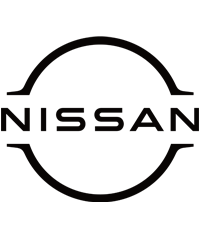 NISSAN and FedEx have extended their testing programme of the 100 per cent electric e-NV200 van.
NISSAN and FedEx have extended their testing programme of the 100 per cent electric e-NV200 van.
FedEx Express currently operates 130 all-electric vehicles worldwide, making the company an ideal collaborator for research and development of the Nissan e-NV200, and the fleet is managed through a holistic approach to increase fuel efficiency and reduce emissions.
The company has already achieved more than 80 per cent of its goal to increase the fuel efficiency of its global vehicle fleet 20 per cent by 2020.
Nissan and FedEx Express engineers started working together in December 2011 by co-testing the e-NV200 prototype on the streets of London.
The test recently expanded to Yokohama, Japan, in order to obtain additional real-world driving feedback. The feedback will help Nissan to meet customer requirements in advance of the start of production, expected to commence in 2013.
Nissan plans to roll out zero emission technologies into its LCV line-up. The e-NV200 will be the second of four electric vehicles (EV) announced by Nissan to reach mass production, underlining Nissan’s leadership in the EV segment. The e-NV200 combines the advanced powertrain of the 100 per cent electric Nissan LEAF with all the spaciousness, versatility, and practicality of the base vehicle-the NV200 multi-purpose compact van.
‘As a global fleet operator, FedEx Express is always looking for measures to improve the efficiency of its vehicles,’ said Russell Musgrove, managing director Global Vehicles, FedEx Express. ‘Through the development and deployment of innovative technologies, FedEx Express has continually improved the energy efficiency and reduced the environmental impact of its fleet. We are delighted to collaborate with a global player like Nissan in the development of an urban all-electric delivery van.’
With zero emissions, no tailpipe, and energy-recycling regenerative braking, e-NV200 will be particularly well-suited for urban environments. Regenerative braking affords the advantage of reclaiming energy in the start and stop of city traffic, reducing the wasteful loss of energy and increasing the efficiency of the vehicle’s driveline. Battery charging options include a complete recharge overnight or up to 80 per cent capacity in just 30 minutes using a Quick Charger.



